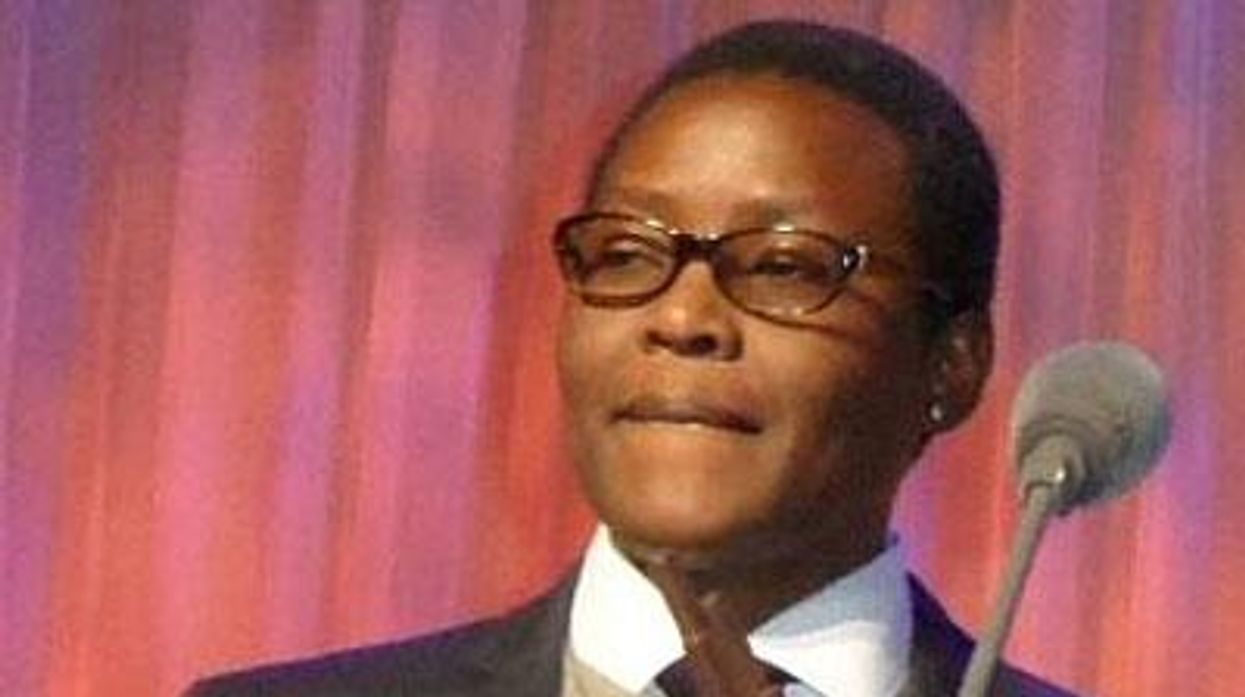Life for LGBT people in Uganda continues to deteriorate in the months since President Yoweri Museveni signed into law the Anti-Homosexuality Act, which imposes lifelong prison sentences on many LGBT people and lengthy jail times for any individual, media outlet, or organization supporting LGBT equality.
CNN's Christiane Amanpour spoke with LGBT activist Pepe Julian Onziema, one of the few prominent out LGBT Ugandans fighting the draconian new law. Onziema is a plaintiff in the constitutional challenge filed last month aiming to stop the law's enforcement.
On the phone from the capital city of Kampala, Onziema told Amanpour in late February that LGBT Ugandans are afraid for their lives, and reported several instances of what he called "mob justice," where groups of civilians attack people suspected of being LGBT.
"People are afraid of losing their lives," Onziema said. "Those who have felt that it is going to happen to them, in their neighborhoods, have left the country. They have fled to the nearest border where they feel much safer."
Onziema, an out transgender man who is director of advocacy at Sexual Minorities Uganda, one of the few LGBT advocacy groups in the country, said many supporters had backed away from the activist group after the passage of the law, which allows for up to seven years in jail for anyone found to be "aiding or abetting homosexuality," including providing support, housing, or employment to LGBT people or organizations.
"So people are really afraid about losing their lives, losing their families, those who are especially in the closet, people have lost jobs, and their livelihoods have basically changed," continued Onziema. "And those are the same people who are committing suicide. People attempted suicide because they are like, 'I'm not going to live to see this country kill me -- so I would rather take my life.'"
Onziema acknowledged that he could "absolutely" be prosecuted for his advocacy work, but he remains resilient. "I am not afraid," he told Amanpour. "Because I am not doing something wrong. Speaking out is my right that is granted in the Constitution, and this law is not going to take away the person that I am, and it's not going to take away my voice, and even if I am arrested for being on call right now with you, I will serve. But my conscience will be very clear."
Watch Amanpour's February report below.





































































Charlie Kirk DID say stoning gay people was the 'perfect law' — and these other heinous quotes